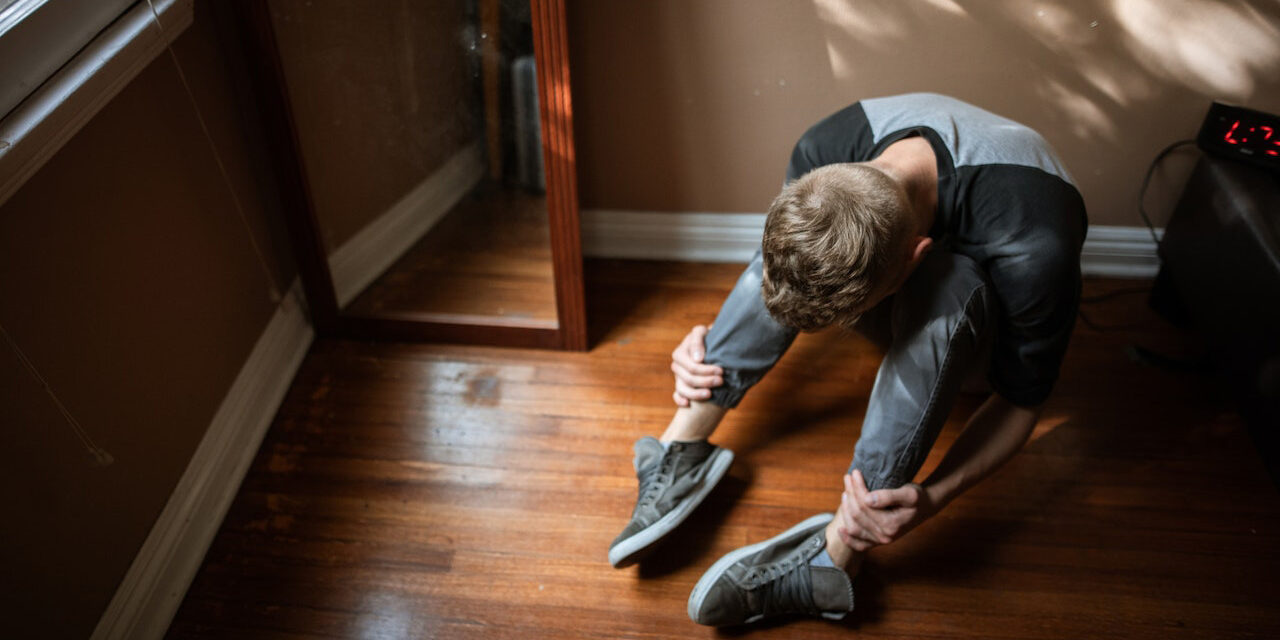Childhood trauma refers to any emotionally painful or stressful experience that occurs during childhood or adolescence.
It can be caused by a one-time event, such as a car accident or natural disaster, or it can result from ongoing abuse or neglect. Childhood trauma can have long-lasting effects on mental and physical health and can even affect how a person’s brain develops.
Table of Contents
Types of Childhood Trauma
Childhood trauma exists in many different types, and they can all impact a person’s life.
Some common types of childhood trauma include:
- Physical abuse: Includes hitting, shaking, or burning a child. It can also include denying a child necessary medical care.
- Sexual abuse: Any form of sexual contact or exploitation of a child.
- Emotional abuse: Verbal attacks, belittling or threatening a child. It can also include ignoring a child’s emotional needs or failing to provide love and support.
- Neglect: Failing to provide a child with necessary food, shelter, clothing, or medical care.
- Domestic violence: Children who experience or witness domestic violence in their homes can also experience trauma.
- Natural disasters: Earthquakes, hurricanes, and fires can also be traumatic for children.
Effects of Childhood Trauma
Childhood trauma can have far-reaching effects on a person’s life, including mental and physical health problems.
Some possible effects of childhood trauma include:
- Depression and anxiety
- Substance abuse
- Eating disorders
- Difficulty forming and maintaining relationships
- Problems with trust
- Hardships with communication
- Having a hard time regulating emotions
- Issues with decision-making
- Difficulty with problem-solving
- Problems with memory and concentration
- Physical health problems, such as chronic pain or heart disease
Seeking Professional Help

If you are struggling with the effects of childhood trauma, it can be helpful to seek professional help. Therapists or counselors can provide a safe, supportive space for you to work through your emotions and develop coping strategies.
Several types of therapy may help overcome childhood trauma, including:
- Cognitive-behavioral therapy (CBT): CBT therapy helps you identify and change negative thought patterns and behaviors.
- Exposure therapy: This therapy helps you confront and overcome your fears by gradually exposing yourself to the traumatic event or trigger.
- Trauma-focused CBT: This type of therapy is specifically designed to help people with trauma. It combines elements of CBT with other techniques to help you process your trauma and move past it.
- Eye movement desensitization and reprocessing (EMDR): This type of therapy uses eye movements and other techniques to help you process and heal from trauma.
Coping Strategies
In addition to looking for professional help, there are also several coping strategies you can use to help you get past childhood trauma:
- Practice self-care: Meet your physical and emotional needs by getting enough sleep, eating a healthy diet, exercising, and engaging in activities that bring you joy.
- Connect with others: Building supportive relationships with friends, family, or a support group can provide a sense of belonging and help you feel less alone.
- Find healthy ways to cope with stress: This can include relaxation techniques such as deep breathing, meditation, or yoga.
- Avoid triggers: If certain things tend to trigger negative emotions or memories related to your trauma, try to avoid them if possible. This might mean steering clear of certain people, places, or situations.
- Find ways to manage flashbacks and intrusive thoughts: Flashbacks and intrusive thoughts can be disturbing and overwhelming, but there are things you can do to manage them. One technique is to ground yourself in the present by focusing on your surroundings and the five senses. You can also use a mantra or positive affirmations to refocus your thoughts.
- Practice mindfulness: Mindfulness brings your attention to the present moment without judgment. It can help manage difficult emotions and learn to cope with stress.
- Get creative: Engaging in creative activities, such as art, music, or writing, can be a therapeutic way to process and express your emotions.
Healing Takes Time
It’s important to remember that healing from childhood trauma takes time and effort.
It won’t happen overnight, and taking things at your own pace is okay. Don’t be too tough on yourself if you have setbacks or if it takes longer than you expect.
Remember that you are strong and resilient, and you can heal and move forward.
You Are Not Alone
If you are struggling with the effects of childhood trauma, you must remember that you are not alone.
Many people have gone through similar experiences and found ways to heal and move forward. Seeking professional help and connecting with others who have also experienced trauma can be incredibly helpful in your healing journey.
I hope this blog post has helped provide information and strategies for overcoming childhood trauma. Remember that healing is possible, and reaching out for help is okay.
You are never alone, and there is a bright future for you filled with hope.





